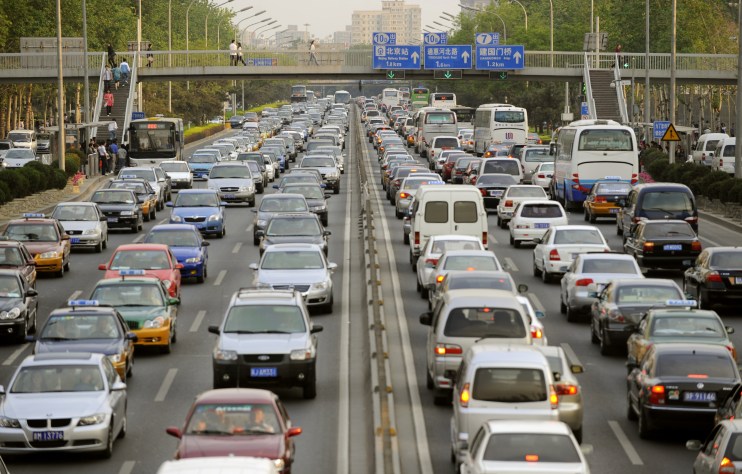Decline in German automotive production weighs on its economy

Structural change and a sharp decline in automotive production in Germany is weighing on the economy, according to a report published today.
The Munich-based ifo Institute estimated that the automotive industry workforce has shrunk by 1.3 per cent since the beginning of 2019, a much sharper decline than in the rest of the manufacturing industry (-0.2 per cent.)
“Structural change is leaving its mark on the labour market,” Timo Wollmerhaeuser, head of forecasts at the ifo said.
Despite a sharp drop in production, demand for German cars increased in 2019. Car makers expanded production of German brands outside Germany and then imported the cars.
“One possible reason for German automakers to relocate production like this is that they are increasingly converting their German sites to produce electric cars,” said Wollmerhaeuser.
As Germany tries to meet the demand for hybrid and electric cars, the transition period could mean that passenger cars previously produced at German sites will be built in other European countries.
Car companies are adapting to keep up with these changes. Approximately 14 per cent reported the introduction of short-time work, almost double the average across other industry sectors.
Short-time work is a temporary reduction in working hours intended to increase employee satisfaction. It is also a cost-saving strategy and what makes it particularly attractive is the availability of public funding.
The automotive industry accounts for five per cent of Germany’s total gross value added and for three percent of employees subject to social insurance contributions in Germany.
Main image credit: Getty Images